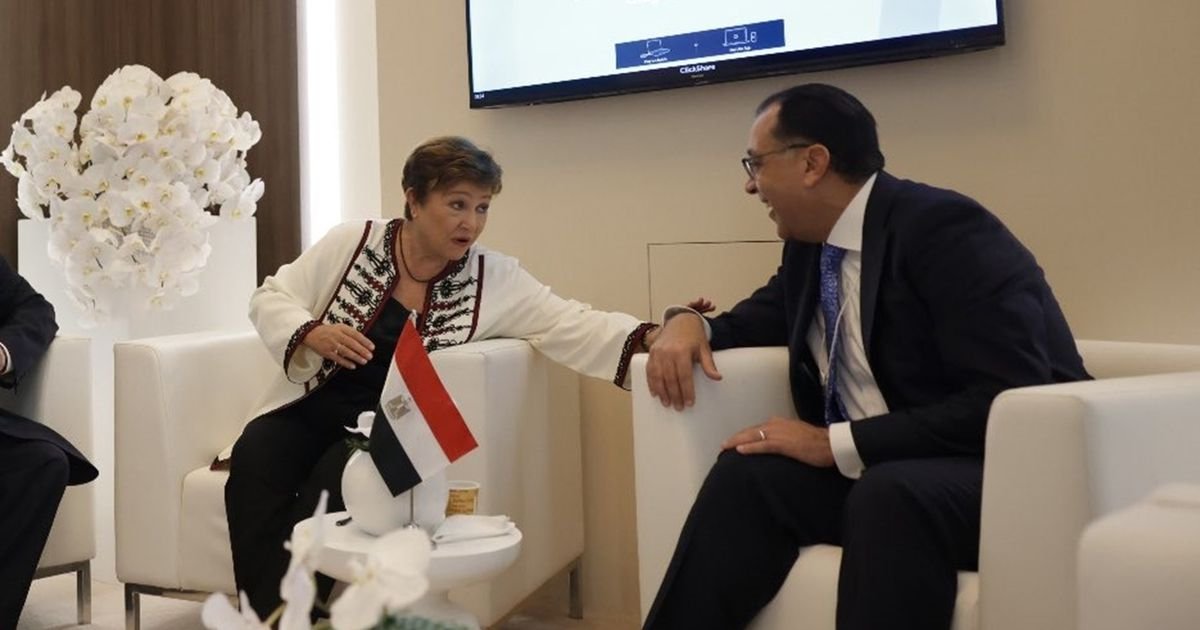
The Egyptian government is now facing a major challenge, which is internal and external debt. How can the government reduce debt and at the same time maintain the rising investment rate in the country? It is indeed a very difficult equation, but I wonder how the government will implement it?
Minister of Finance, Ahmed Kjouk, spoke about the ministry’s policy of reducing debt. He said that our financial and tax policies are more targeted to stimulate investment, boost economic activity, and support the private sector. He also stressed that they are continuing strongly on the path of creating trust and partnership between revenue departments, the business community, and financiers, and they aim to reduce government debt. Domestic and external through an integrated and coherent strategy, and this will happen during the first quarter of 2025.
Also, the Minister of Finance confirmed that the first package of tax facilities will be fully implemented during the current fiscal year, and this will happen through contracting with a number of neutral parties to evaluate the path of tax reform and ensure the proper and targeted application of the facilitating procedures.
Regarding the central electronic clearing system that began experimentally; He said that it aims to provide cash liquidity to investors, in addition to a simplified tax system for business owners, professionals, and entrepreneurial activities up to 15 million pounds.
We can say that these financial policies will be more open, balanced, and influential in economic activity for the benefit of the business community, and this will happen in addition to preparing ambitious and motivating initiatives with clear, implementable targets.
Also, the government is currently studying an initiative to stimulate industrial activities in coordination with the Ministry of Industry, and this is to increase productivity rates and localize industry in Egypt, and there is also another initiative to facilitate and motivate companies and citizens to switch to energy alternatives that are more efficient, more economical, and less emissions.
For this reason, the Ministry of Finance is coordinating with the Ministry of Investment and Foreign Trade to create a strong, comprehensive and stimulating program for the export sector in the next fiscal year.
All of this will happen in addition to stimulating the economy and supporting productive sectors significantly, reducing dependence on borrowing, while enhancing the role of the private sector in pioneering development, industry, export, technology and trade processes, achieving partnerships with the largest investors in the world, supporting local investors, and simplifying and unifying procedures, and all of this is in addition to increasing… Production and export activities.
Of course, the initial indicators of the current financial performance are very good, despite all the global and regional economic challenges, and this reflects the government efforts made to maintain financial discipline and economic stability, and all of this will reflect positively on improving economic indicators and ensuring the sustainability of a balanced financial policy that depends on achieving financial discipline and improving financial indicators. public, thus reducing debt, whether internal or external.



